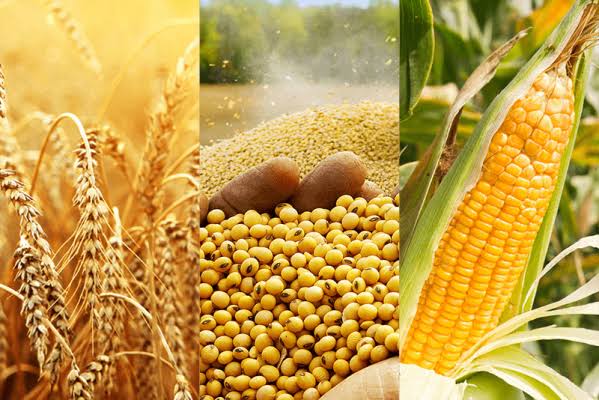Economic pundits have expressed their views, suggesting that the economic reform policies initiated by the government under the leadership of President Bola Ahmed Tinubu are contributing to the prevailing economic hardships faced by Nigerians.
Notably, analysts attribute the challenges to a confluence of factors, including regional instability, the impact of climate change, and the pervasive issue of inflation, all of which collectively contribute to heightened levels of food insecurity across Nigeria.
According to estimates by the United Nations, a staggering 25 million individuals in Nigeria, constituting approximately 15% of the total population, find themselves grappling with the harsh reality of food scarcity.
The gravity of the situation escalated notably following a pivotal decision by the government to cease fuel subsidies in May 2023.
This abrupt policy shift has had a cascading effect, significantly escalating costs not only in the realm of food but also in the domains of transportation and energy.
Adding to the economic woes, recent data released by the National Bureau of Statistics (NBC) underscores the severity of the situation, revealing that Nigeria is currently contending with an inflation rate reaching an 18-year high, standing at a staggering 27.
3%. Analysts, in response to this concerning trend, express apprehension that such inflationary pressures could further compound the suffering of a country already grappling with an estimated 25 million people classified as food insecure.
In response to the escalating crisis, the government has declared a state of emergency on food security.
To address the immediate challenges, a series of measures have been implemented, including conditional cash transfers and support programs for local farmers.
Despite these initiatives, experts express reservations, fearing that without substantial and strategic changes, particularly in the realm of curbing food inflation, vulnerable segments of the population will continue to endure the harsh consequences of this economic turmoil.
The urgency for comprehensive and effective interventions remains palpable as the nation navigates through these challenging times.



